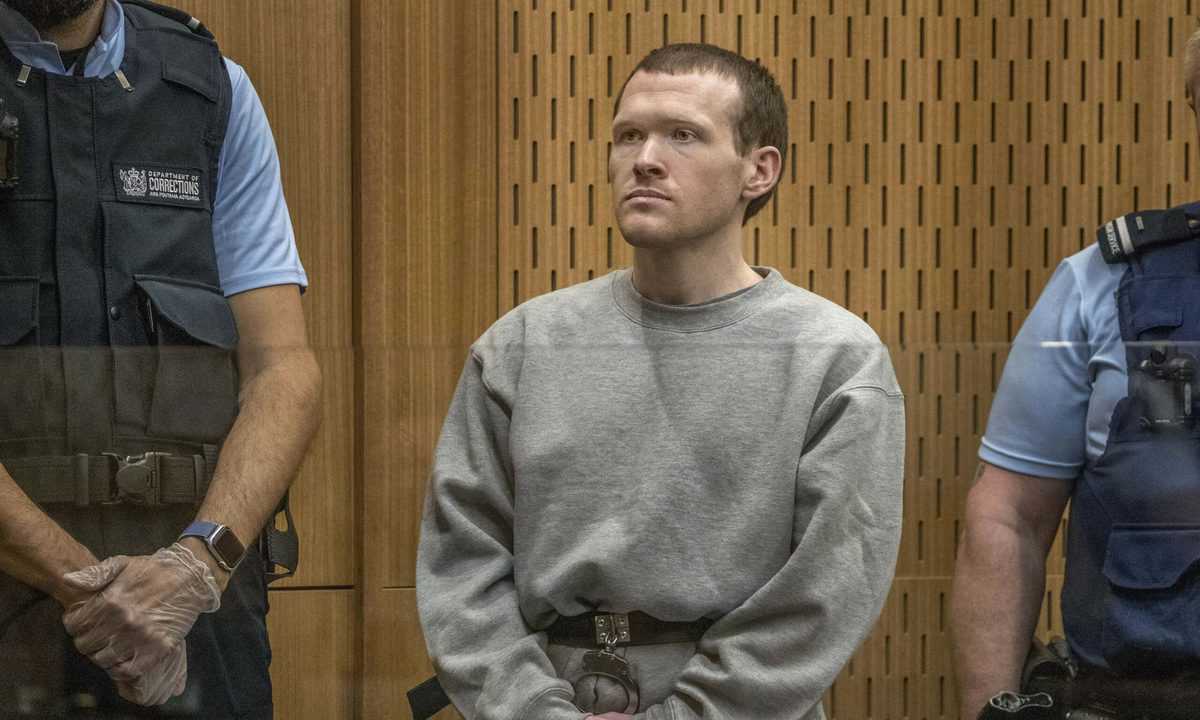Canberra: Australia’s prime minister on Friday said he was open to allowing an Australian white supremacist who slaughtered 51 worshippers at two New Zealand mosques to serve his life sentence in his homeland but the victims’ wishes would be paramount.
A transfer would buck international convention and require changes to the laws in both countries, but proponents of the idea have called for Australia to take responsibility for imprisoning Brenton Harrison Tarrant and take the costs off New Zealanders.
Tarrant, 29, was sentenced Thursday to life in prison without parole for the March 2019 attacks. He is the first person to be denied the possibility of parole in New Zealand and is given enhanced security in prison for his safety.
Prime Minister Scott Morrison said while New Zealand has made no official request the Australian government was open to taking him back.
I’m pleased that that terrorist will never be released anywhere ever again, Morrison said. We’ll have an open discussion and look at the issues around this.
Most of all, we’re concerned about what the views of the families would be for those affected, and we want to do the right thing by them, he added.
New Zealand Deputy Prime Minister Winston Peters is among the most vocal proponents.
Given this unprecedented circumstance and all the regard to the cost of looking after the victims in our country who survived and their families and also the 50 million New Zealand dollar plus ( 33 million) downstream in real terms of providing safety for this terrorist, then the sound, reasonable, logical thing to do would be to ask Australia to step up, Peters said.
Tarrant was a legal resident of New Zealand at the time of the massacre, and international practice is for criminals to serve time in the jurisdictions where their crimes were committed.
New Zealand Prime Minister Jacinda Ardern has shown little enthusiasm for the idea of a transfer, telling reporters that current laws don’t allow it and that any decision should be driven by the wishes of survivors and family members.
Opposition leader Judith Collins is among those opposed, saying Australia might then want to send back hundreds of New Zealand citizens in Australian prisons.
Peters said sending Tarrant back could require special laws because the near-neighbours do not have a legal framework for prisoner transfers.
Home Affairs Minister Peter Dutton said he would take legal advice on whether Tarrant might become eligible for parole if he entered Australia’s prison system.
We’d have to look at what happened in terms of parole or how our legal system would work here, Dutton said.
Priority is to keep him in jail for the rest of his life, and we’ll work very closely with New Zealand on any request that they provide, Dutton added.
New Zealand has criticized Dutton for deporting increasing numbers of New Zealander criminals once they have been released from Australian prisons, accusing the minister of exporting Australia’s problems.
Some criminals have lived in Australia since childhood and have no family or social networks in their homeland. The New Zealand government argues that Australia should take responsibility for them turning to crime.

